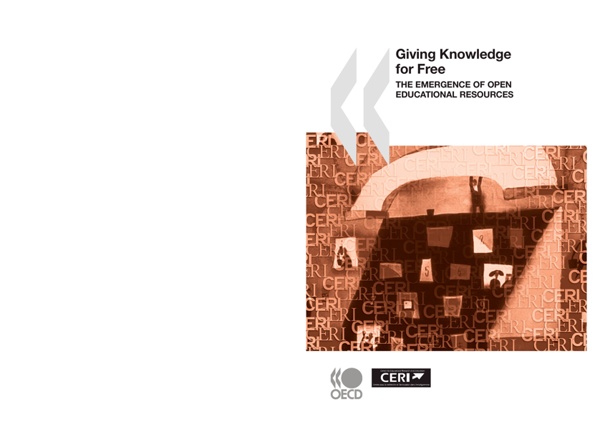



What is the impact of Open Access and MOOCs on Publishing and Higher Education? In a new article out today in SAGE Open titled “Open Access, Megajournals, and MOOCs: On the Political Economy of Academic Unbundling,” Dr. Richard Wellen of York University discusses the impact of the development of open academic content output through open access publishing and MOOCs. Intrigued by his study, we decided to ask him and the editor of his study, Dr. Stephen Pinfield a few questions. This article addresses MOOCs and open access. Dr. Dr. The open access scholarship movement is often connected to the moral argument that the public which funds the research ought to have access to it. In the case of MOOCs on the other hand, academic unbundling and the outsourcing of teaching has already brought a disruptive tension between the market and the academic commons. 2. Dr. Dr. It is also surprising that so little has been written connecting different Open agendas. 3. Dr. Dr. 4. Dr. Dr. 5. Dr.
Open educational resources Open educational resources (OER) are freely accessible, openly licensed documents and media that are useful for teaching, learning, and assessing as well as for research purposes. Although some people consider the use of an open file format to be an essential characteristic of OER, this is not a universally acknowledged requirement. The development and promotion of open educational resources is often motivated by a desire to curb the commodification of knowledge[1] and provide an alternate or enhanced educational paradigm.[2] Defining the scope and nature of open educational resources[edit] The above definitions expose some of the tensions that exist with OER: At the same time, these definitions also share some universal commonalities, namely they all: cover both use and reuse, repurposing, and modification of the resources;include free use for educational purposes by teachers and learnersencompass all types of digital media.[10] History[edit] Licensing and types of OER[edit] OER policy[edit]